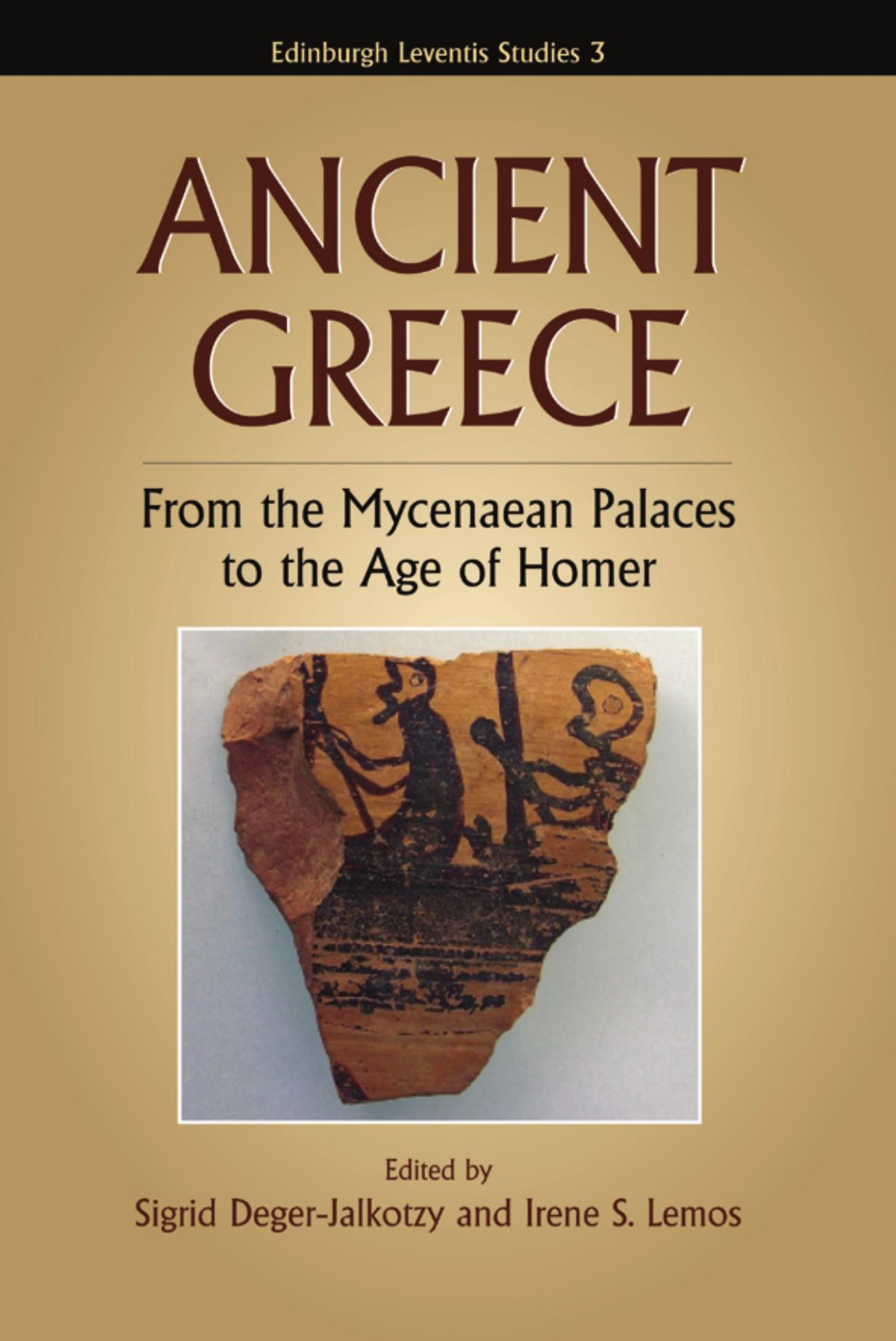

Most ebook files are in PDF format, so you can easily read them using various software such as Foxit Reader or directly on the Google Chrome browser.
Some ebook files are released by publishers in other formats such as .awz, .mobi, .epub, .fb2, etc. You may need to install specific software to read these formats on mobile/PC, such as Calibre.
Please read the tutorial at this link: https://ebookbell.com/faq
We offer FREE conversion to the popular formats you request; however, this may take some time. Therefore, right after payment, please email us, and we will try to provide the service as quickly as possible.
For some exceptional file formats or broken links (if any), please refrain from opening any disputes. Instead, email us first, and we will try to assist within a maximum of 6 hours.
EbookBell Team

5.0
20 reviewsA. G. Leventis Conference ‘From wanax to basileus’ was organised by Sigrid
Deger-Jalkotzy and Irene S. Lemos at the University of Edinburgh, 22–25
January 2003. Sigrid Deger-Jalkotzy was at the time the third Leventis Visiting
Professor. The subject of the conference was chosen first because the research
interests of the organisers focus on the centuries between the collapse of the
Mycenaean palace states (c.1200 ) and the beginning of the archaic period of
Ancient Greece (c.700 ) which until recently have been called ‘The Dark Age of
Greece’. The term is still used by classical archaeologists, ancient historians and
linguists, as well as by scholars of adjacent fields such as Near Eastern studies and
European Prehistory. The second reason for organising this conference was the
fact that many significant discoveries made during recent decades together with
new approaches and intensive research on various aspects of cultural develop-
ments require a fresh and comprehensive revision of the period. Obviously the
new state of research has rendered the term of a ‘Dark Age of Greece’ highly
questionable. Yet since the seminal surveys by A. Snodgrass, V. Desborough and
F. Schachermeyr no monographic treatment covering the entire period and all its
cultural aspects and developments has been published. The organisers felt that it
might not be possible any longer for a single author to perform such a task.
Therefore distinguished scholars from all over the world were invited to gather in
Edinburgh in order to re-examine old and new evidence on the period. The sub-
jects of their papers were chosen in advance so that taken together they would
cover the field with an interdisciplinary perspective, approaching the period under
consideration from various disciplines.